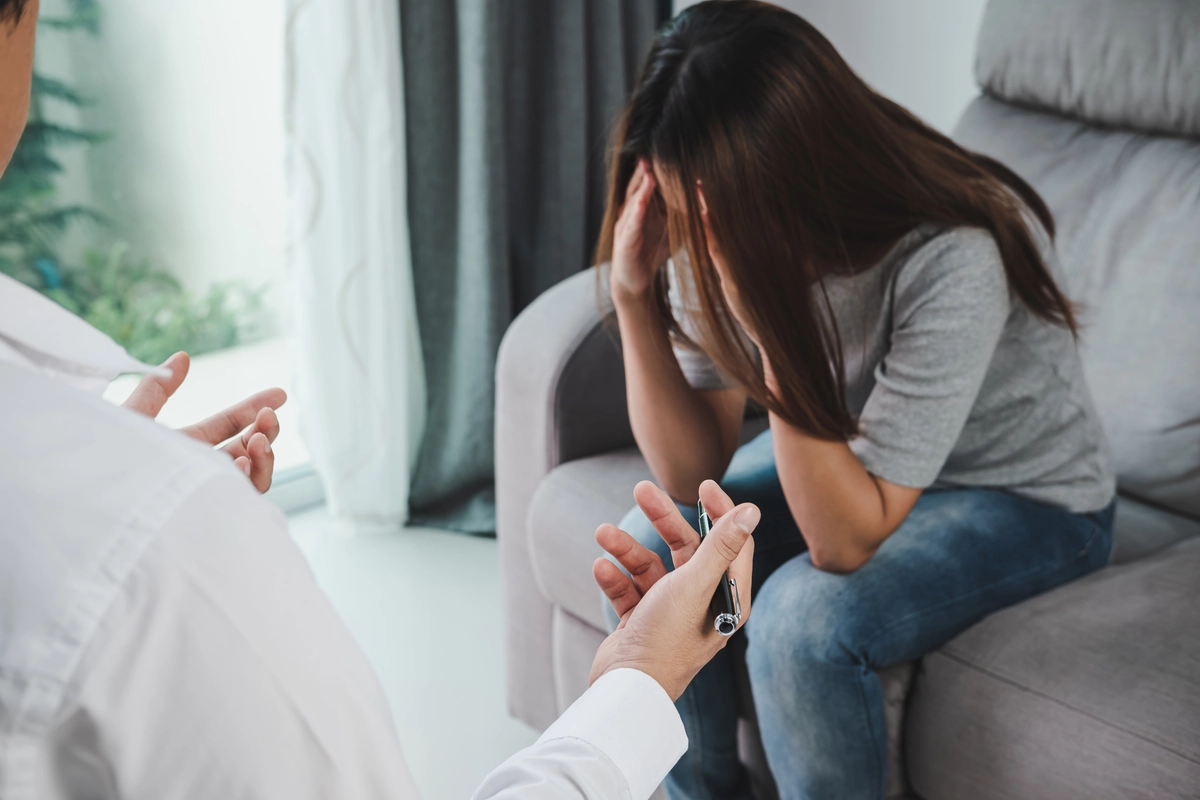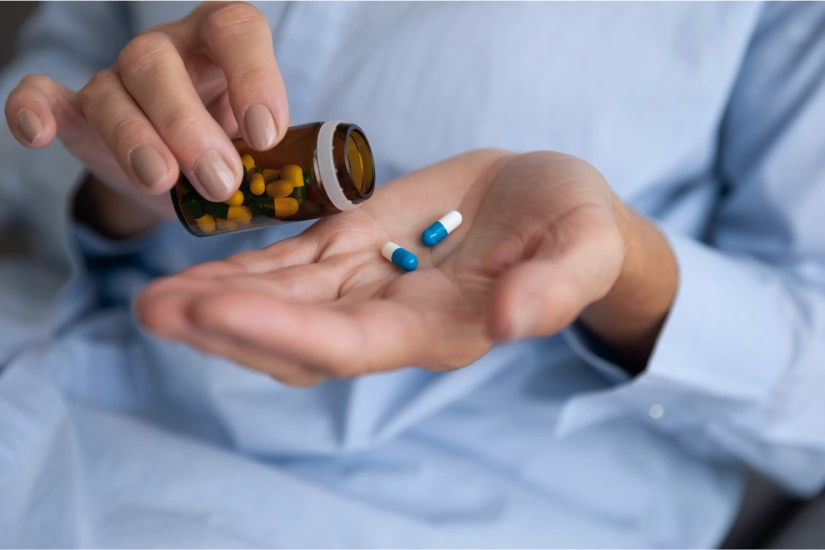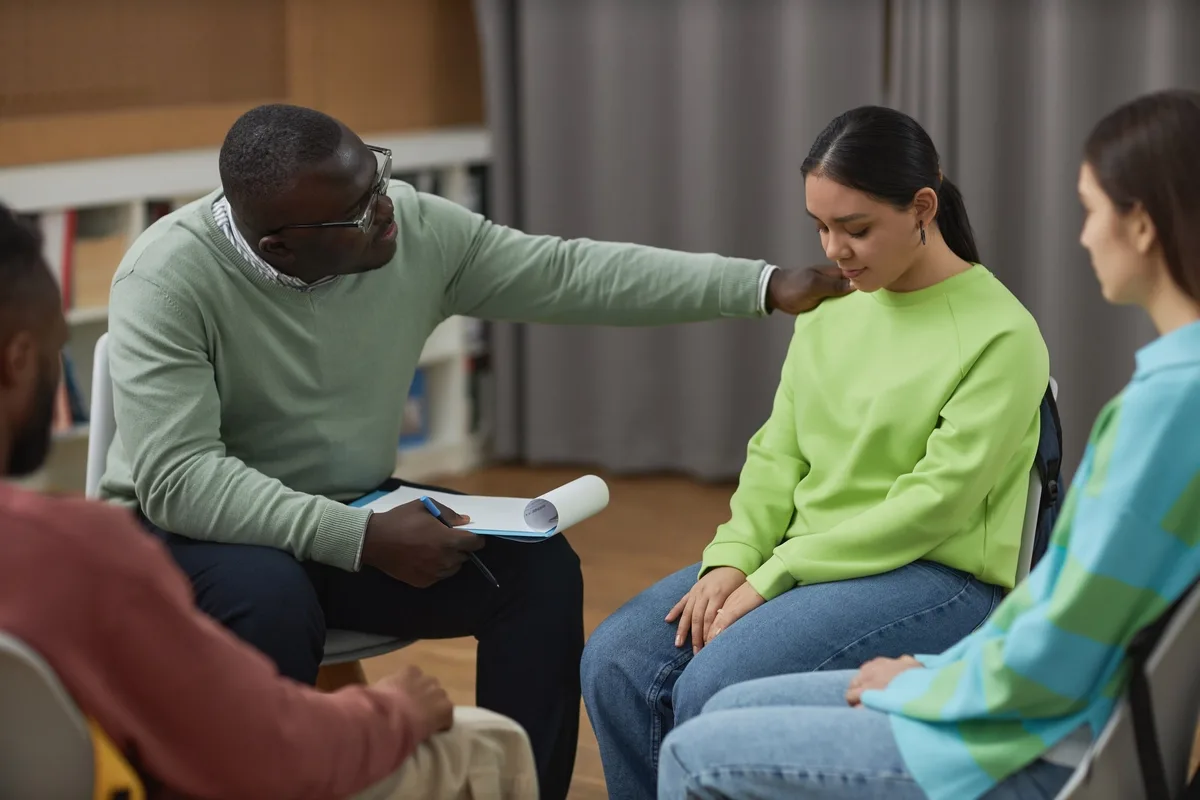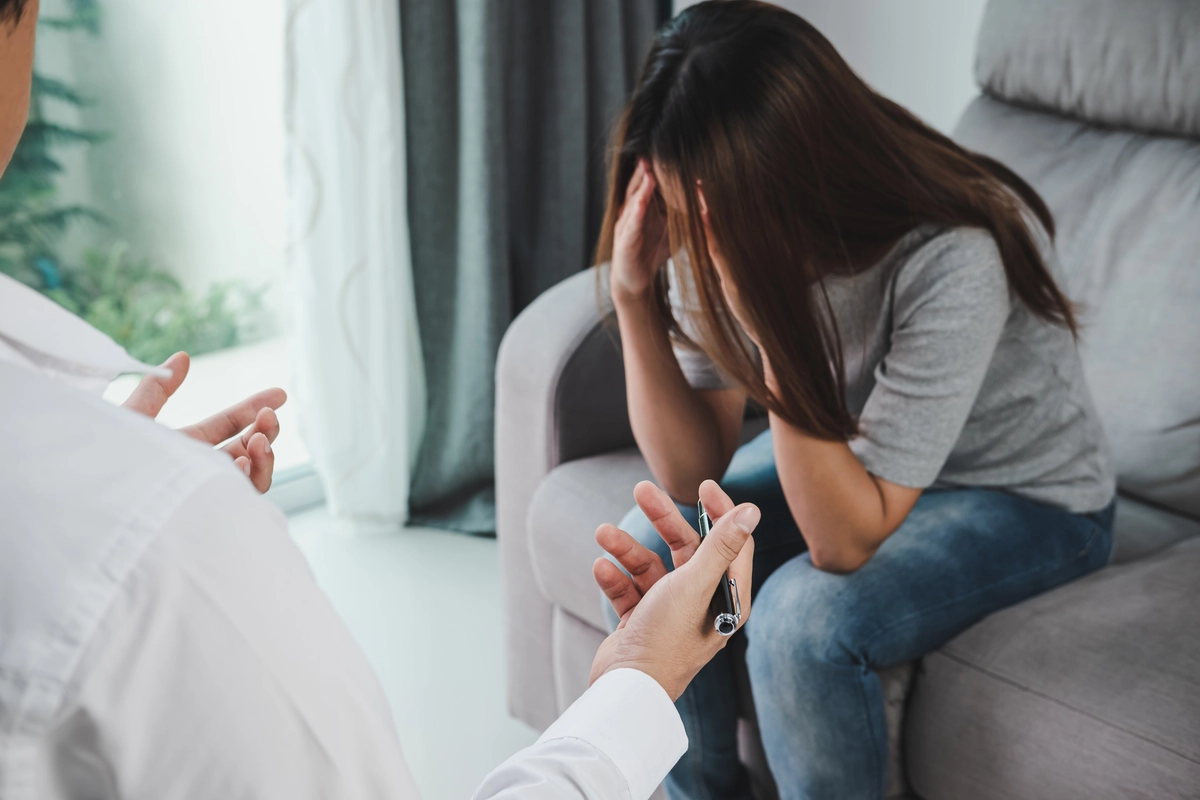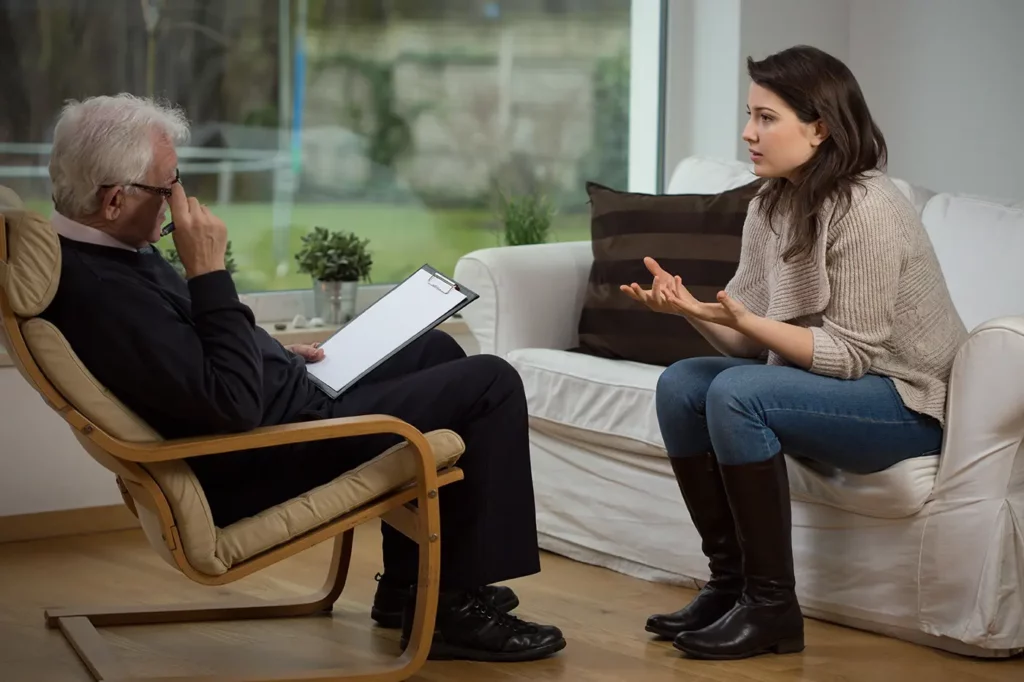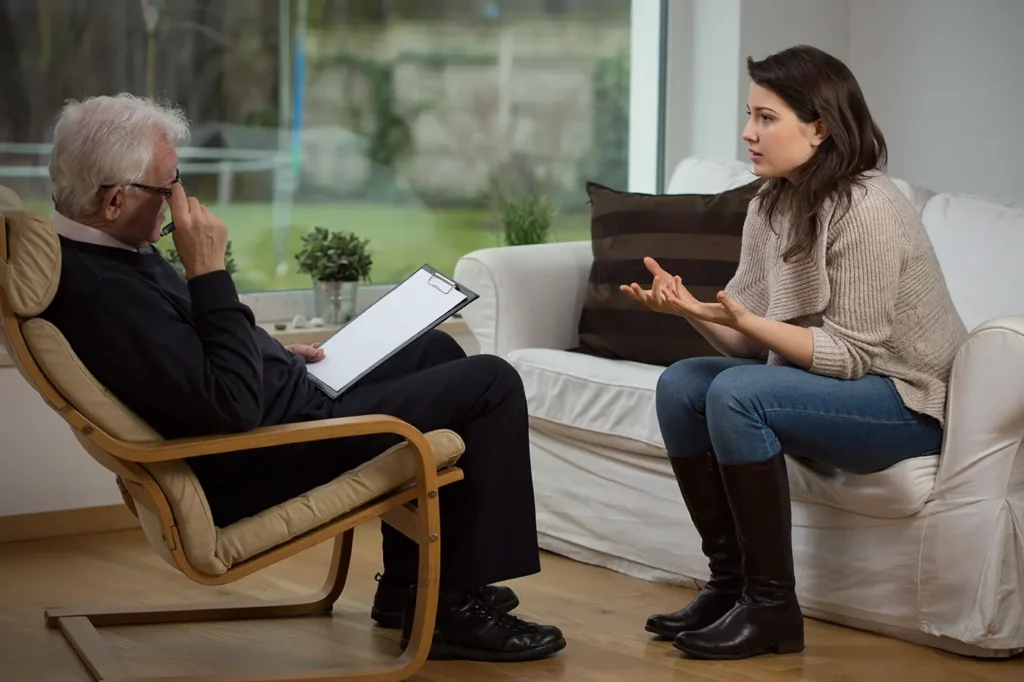24/7 Helpline:
(866) 899-111424/7 Helpline:
(866) 899-1114
Other Insurance Options

GEHA

Sliding scale payment assistance

Health Net

BHS | Behavioral Health Systems

MVP Healthcare

Self-pay options

Private insurance

American Behavioral

BlueShield

WellPoint

UMR

State Farm
Beacon

United Health Care

Humana

ComPsych

Magellan

Absolute Total Care

Health Partners

Meritain


Youth Haven
Youth Haven is a private rehab located in Naples, Florida. Youth Haven specializes in the treatment ...

Advanced Counseling Center
Advanced Counseling Center is a private rehab located in Naples, Florida. Advanced Counseling Center...

David Lawrence Center – Crossroads Rehab
The David Lawrence Centers is an accredited mental health and substance abuse rehab in Naples, Flori...

Counseling of Southwest Florida
Counseling of Southwest Florida is a private rehab located in Naples, Florida. Counseling of Southwe...

Hazelden Betty Ford Foundation
Hazel Betty Ford Foundation provides inpatient and intensive outpatient treatment for individuals wi...

New Season – Naples Metro Treatment Center
New Season - Naples Metro Treatment Center is a private rehab located in Naples, FL. New Season - Na...

WhiteSands Treatment – Naples
WhiteSands Treatment – Naples is a private rehab located in Naples, Florida. WhiteSands Treatment – ...

High Plains Mental Health Center
High Plains Mental Health Center is a public rehab located in Goodland, Kansas. High Plains Mental H...

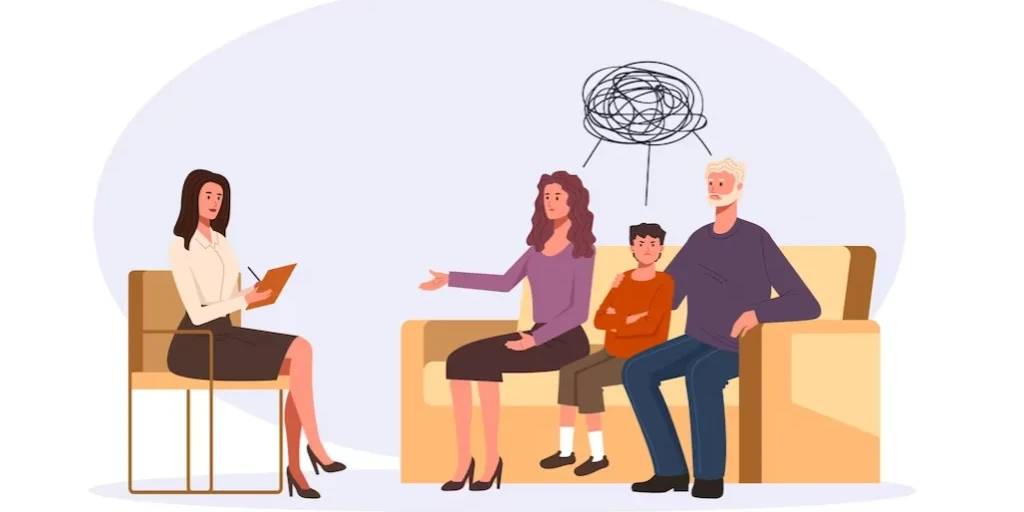





Collier County Counseling
Collier County Counseling is a rehab center located in Naples, FL. Collier County Counseling special...

AAR Counseling Services – Main Office North Naples
AAR Counseling Services – Main Office North Naples is a private rehab located in Naples, Florida. AA...

Twenty Four Hour Club
Twenty Four Hour Club is a non-profit rehab located in Naples, Florida. Twenty Four Hour Club specia...

Assisted Addiction Recovery
Assisted Addiction Recovery is a private rehab located in Naples, Florida. Assisted Addiction Recove...

Visions
Visions is a private rehab located in Naples, Florida. Visions specializes in the treatment of Subst...
























